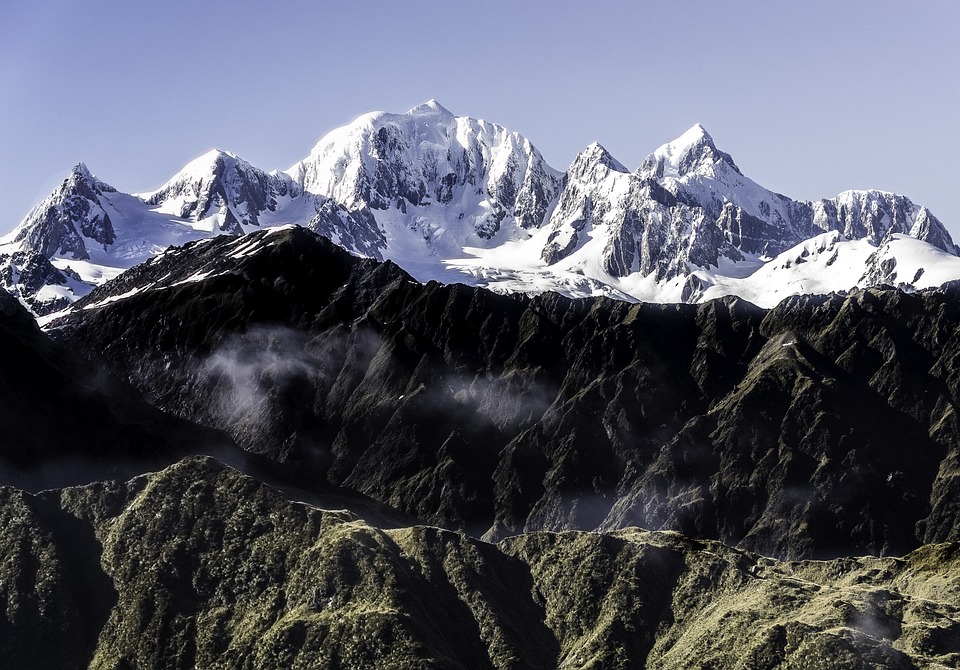
Discovering the Advantages of Possessing Property in the Heart of Wilderness
Having a parcel of land in the heart of the wild may appear like an unconventional investment, but it indeed presents a plethora of benefits that are frequently disregarded. This article will delve into the perks of owning land in isolated, remote locations and why it might be a astute investment selection for those pursuing financial stability, serenity, and a relationship with nature.
Unmatched Privacy and Seclusion
One of the most attractive aspects of owning land in the heart of wilderness is the unmatched privacy and seclusion it provides. Secluded tracts of land are frequently far from the hustle and bustle of urban life, delivering a perception of peace and tranquility that is difficult to find in more populous areas. Whether you want to establish a private hideaway, a vacation abode, or simply break away from the demands of everyday life, owning land in a remote location can present a feeling of isolation and freedom that is unequaled by any other kind of property.
Opportunities for Off-Grid Living
In the present era, many individuals are pursuing a more sustainable and self-reliant lifestyle. Owning land in the heart of wilderness presents the opportunity to live off the grid, depending on sustainable energy sources such as solar power and wind turbines, and cultivating your own food through sustainable farming methods. Off-grid living can offer a greater sense of independence and resilience, as well as a reduced environmental impact. Furthermore, living off the grid can markedly reduce monthly expenses, as you won’t have to depend on public utilities and services.
Potential for Recreational Pursuits
Wilderness land often offers access to a broad array of recreational pursuits that may not be accessible in more developed areas. Whether you enjoy hunting, angling, hiking, or simply exploring nature, owning land in a remote location can present limitless possibilities for outdoor escapades. Many remote properties are also located near national parks, forests, and other natural attractions, which can further boost the recreational potential of the land. For nature enthusiasts and outdoor aficionados, owning land in the heart of wilderness can be a cherished aspiration.
Potential for Financial Gain
While owning land in the heart of wilderness may not provide immediate financial returns, it can certainly yield long-term value and the potential for profit. Remote land is often less expensive than properties in more developed areas, making it a cost-effective investment option for those looking to broaden their real estate holdings. Additionally, remote land frequently appreciates in value over time, particularly as more individuals seek solace and seclusion in natural settings. In some cases, remote land may also present potential for development or resale, particularly if the area experiences an upsurge in popularity or gentrification.
Preservation of Natural Beauty and Wildlife
Having land in the heart of wilderness enables individuals to conserve and safeguard natural beauty and wildlife in remote settings. Many remote parcels of land are situated in pristine, untouched landscapes that are home to diverse ecosystems and wildlife. By purchasing and conserving remote land, individuals can play a crucial role in fostering environmental conservation and protection. Furthermore, owning remote land can present the opportunity to establish a sustainable, eco-friendly habitat for local flora and fauna, contributing to the overall health and diversity of the ecosystem.
Alignment with Nature and Emotional Well-being
The advantages of connecting with nature and spending time outdoors are well-documented. Owning land in the heart of wilderness presents the opportunity to immerse oneself in the natural world, fostering a deeper alignment with the land and a greater appreciation for its beauty and diversity. Time spent in natural settings has been shown to reduce stress, anxiety, and depression, while promoting physical health and overall well-being. In a remote location, the sights and sounds of nature are the only things you’ll hear. Long walks, bird watching, stargazing are just some of the simple joys one can experience in the heart of wilderness.
Challenges and Considerations
While owning land in the heart of wilderness offers numerous benefits, it is crucial to consider the potential challenges and considerations associated with remote land ownership. Access to utilities, such as water, electricity, and sewage systems, can be limited in remote locations, necessitating individuals to invest in alternative solutions, such as wells, cisterns, and septic systems. Additionally, remote land may be more challenging to develop and maintain, as access roads, infrastructure, and construction materials may be limited. Zoning regulations, building codes, and ongoing maintenance and upkeep should also be taken into consideration when purchasing land in a secluded location.
Concluding Thoughts
Owning land in the heart of wilderness may not be the ideal choice for everyone, but for those seeking privacy, solitude, and a deeper alignment with nature, it can present unparalleled opportunities for personal growth, financial stability, and environmental stewardship. With careful consideration and thoughtful planning, remote land ownership can provide a distinctive and fulfilling way of life that brings together the benefits of sustainability, self-sufficiency, and natural beauty. Whether you are looking to establish a private retreat, pursue off-grid living, or simply relish the tranquility of a remote setting, owning land in the heart of wilderness has the potential to be a truly rewarding investment.

